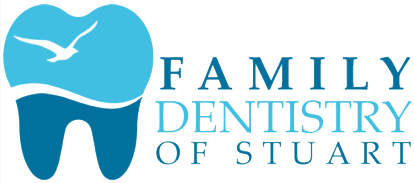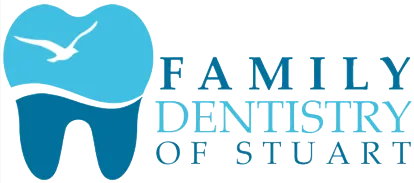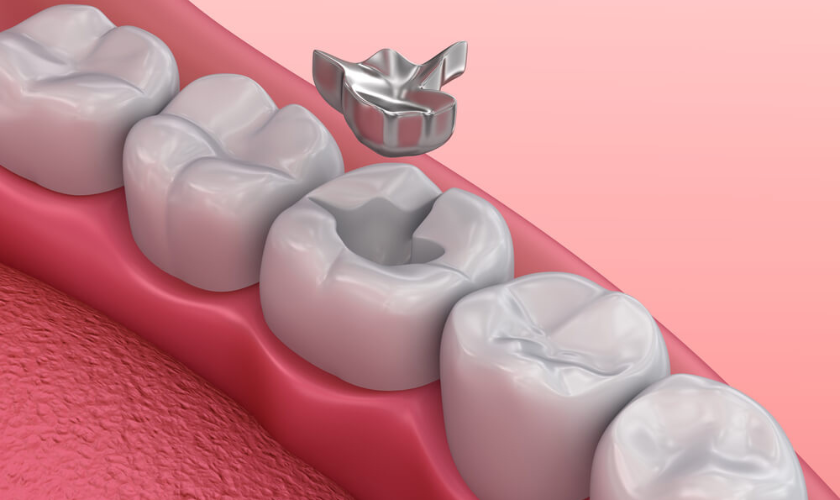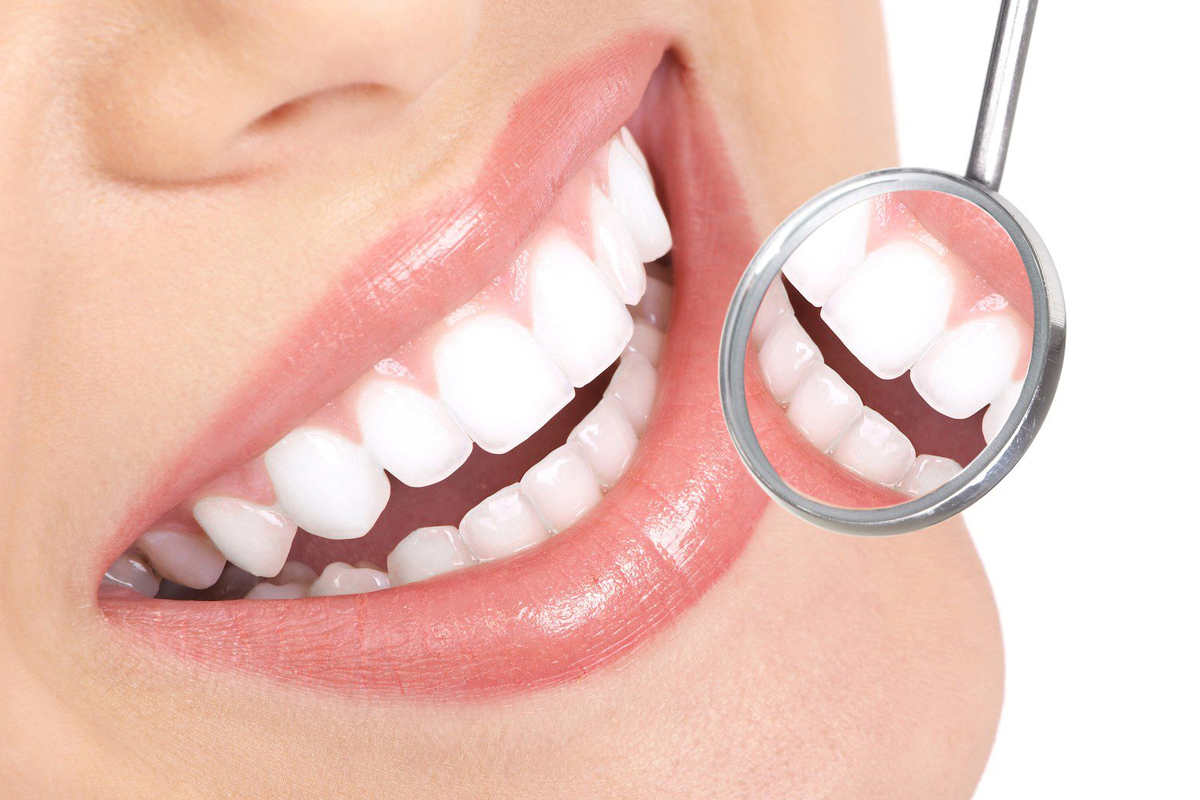5761 SE Federal Hwy, Stuart, FL 34997
How To Care For Your Teeth After Dental Bonding
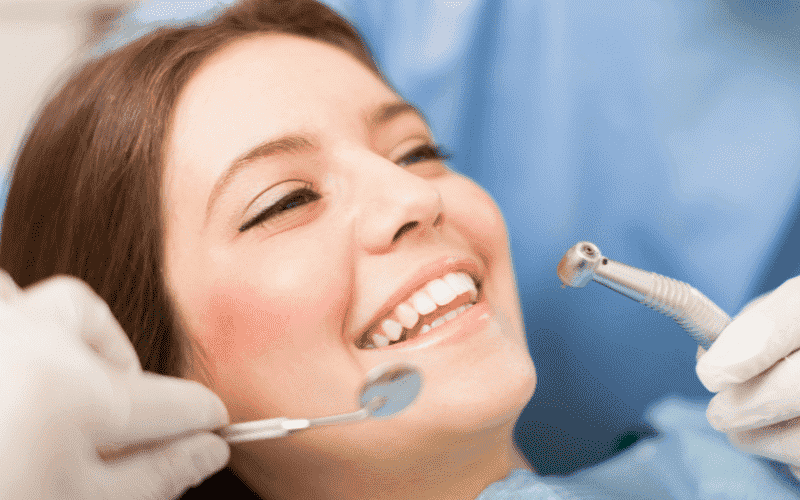
Transforming your smile through dental bonding is like painting a masterpiece—a delicate blend of artistry and science. But once the composite resin has been meticulously applied and polished to perfection, the real artistry begins: caring for your newly enhanced teeth to ensure they maintain their brilliance and durability. So, today’s blog will guide you on the necessary dos & don’ts for taking care of your teeth after dental bonding in Stuart to keep them gleaming and strong for a long time.
Maintaining Bonded Bliss: Brushing & Flossing Essentials
- Brush twice a day, morning and night, with a soft-bristled toothbrush. Avoid harsh bristles that can scratch or damage the bonding material.
- Use fluoride toothpaste. Fluoride strengthens teeth and helps prevent decay, which can compromise the bonding.
- Floss daily. Food particles trapped between teeth can cause plaque buildup and lead to gum disease, potentially affecting the bonding.
- Be gentle but thorough. Brush and floss around the bonded area carefully, but don’t scrub aggressively, as this can dislodge the bonding material.
Dietary Do’s and Don’ts for Bonded Teeth
- Minimize staining foods and drinks. Coffee, tea, red wine & certain fruits like berries have the potential to stain the bonding material. While you don’t need to avoid them completely, consider limiting their intake or rinsing your mouth with water after consuming them.
- Avoid hard and chewy foods. Biting into hard candy, nuts, or ice cubes can chip or crack the bonding. Opt for softer foods and cut hard foods into smaller pieces.
- Be cautious with sticky candies. Sticky candies like caramels can adhere to the bonding and potentially pull it loose.
Lifestyle Habits for a Lasting Smile
- Don’t use your teeth as tools. Don’t use your teeth to open bottles, crack nuts, or tear open packages. These actions put undue stress on the bonding and cause it to break.
- Break the nail-biting habit. If you bite your nails, then consider using a stress ball or other coping mechanisms to protect your teeth and the bonding material.
- If you grind your teeth, Then use a mouthguard to protect your bonding. Teeth grinding can accelerate wear and potentially damage the bonding material. Consult your dentist about obtaining a custom-fit mouthguard designed to be worn at night for optimal protection.
- Schedule regular dental checkups and cleanings. They allow the dentist to monitor your dental bonding in Stuart, check for signs of wear or tear, and address any potential issues early on.
Taking Care of Your Overall Health
- Maintain good oral hygiene habits. Brushing, flossing, and regular dental checkups contribute to overall oral health, which is crucial for the longevity of your dental bonding.
- Don’t smoke. Smoking stains teeth and weakens gums, both of which can negatively impact bonding.
- Manage chronic conditions. Certain medical conditions, like diabetes, can affect oral health. Maintaining control of your overall health promotes a healthy environment for your teeth and bonding.
Overall, it’s clear that by following these simple yet essential aftercare tips, you can ensure your dental bonding lasts for many years. Remember, proper care is critical not only to maintaining a beautiful smile but also to safeguarding your oral health. Don’t hesitate to reach out to your dentist in Stuart if you have any questions or concerns about your dental bonding. With the right routine and a little extra TLC, your bonded teeth will continue to shine brightly.
Trending FAQs on Dental Bonding Aftercare!
1. How long should I avoid staining foods and drinks after dental bonding?
A. Most dentists recommend avoiding staining foods and drinks for at least 24-48 hours after the procedure. After that, you can indulge in moderation, but washing your mouth with water after consumption can help minimize staining.
2. Can I still chew gum after dental bonding?
A. Sugar-free gum is generally safe after dental bonding as long as it’s not too sticky. However, it’s always best to consult with your dentist for specific recommendations.
3. What should I do if I experience sensitivity after dental bonding?
A. Some sensitivity after dental bonding is normal and usually subsides within a few days. However, if the sensitivity is severe or persists for a prolonged period, contact your dentist to rule out any complications.
4. How often should I replace my toothbrush after getting dental bonding?
A. It’s recommended to replace your toothbrush every three to four months, regardless of dental bonding. Worn-out bristles are less effective at cleaning and can irritate your gums.
5. Can dental bonding whiten my teeth?
A. Dental bonding doesn’t whiten teeth. However, if you’re interested in brightening your entire smile, your dentist can discuss teeth whitening options. Be sure to mention your dental bonding to ensure the whitening treatment is safe for the material.
